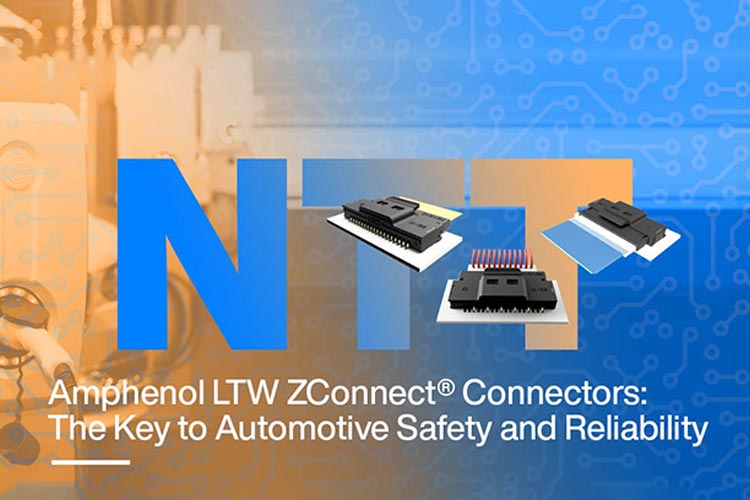
According to Statista, the leader in automotive product exports worldwide in 2021 was the European Union (EU), which is made up of 27 countries. This was followed by Japan in second and the United States (US) at a distant third. According to aggregated research by World's Top Exports, Germany is the top EU automotive exporter. That same research lists the US as one of the fastest-growing car exporters since 2020 (up 19 percent), along with China (up 125.3 percent), South Korea (up 24.4 percent), and the United Kingdom (up 13.7 percent).
From these statistical figures, one can infer just how highly competitive the global automotive industry is and how consumers have a wide range of options. If Original Equipment Manufacturer's (OEMs) vehicles are not the best in quality, safety, performance, and features, they may lose customers to their competitors. Furthermore, safety is a top priority for automotive OEMs. When a vehicle is not designed, tested, and manufactured to the highest safety standards, the result can be accidents and injuries, resulting in legal and financial consequences and possibly further erosion of the automotive brand. Thus, OEMs must ensure that their vehicles adhere to all standards and regulations to remain competitive and maintain their reputation in the marketplace.
Automotive Specifications
With such tough global competition, it is easy to see why automotive OEMs must ensure that standards for every automotive part meet U.L. (US) and VDE (Germany/Europe) certifications. Both organizations certify electronics used in automotive and other applications through rigorous testing protocols. These certifications ensure that automotive products meet strict safety, reliability, and environmental sustainability guidelines.
USCAR (United States Council for Automotive Research LLC) (US) and LV214 (EU) are two additional automotive standards that must be met. Developed by the Society of Automotive Engineers (SAE), USCAR-2 is a performance specification for automotive electrical connectors that evaluates the performance of electrical terminals, connectors, and components when designing and producing road vehicles. LV214 is an OEM connector test specification developed by German automakers to evaluate the crimp force of connector terminals used in automotive wiring harnesses. The specification aims to detect a good crimp from a bad one effectively. The LV214 standard is technically still in development, but connector companies, including Amphenol, already offer products that meet this standard's objectives.
Amphenol LTW ZConnect® LV214-Compliant Connectors
The Amphenol ZConnect® Low Profile LV214-Compliant Wire-to-Board Connectors offer an 8mm maximum height when mated for space-saving automotive applications. These FPC (Flexible Printed Circuits) and FFC (Flexible Flat Cable) connectors also feature CPA (Connector Position Assurance) lock with audible feedback and support hot plugging with various termination styles, an anti-vibration, audible feedback 2nd lock design for easy blind mating and improved assembly efficiency for cost and space savings and more secure mating. The connector series features densities of 8 to 40 contacts at 1A each and up to 120VDC with 0.9mm/1.8mm /2.7mm pitch options. Applications range from battery management systems, medical equipment, automotive, and commercial and military applications.
Original Source: Mouser
About the Author
Rudy is a member of the Technical Content Marketing team at Mouser Electronics, bringing 35+ years of expertise in advanced electromechanical systems, robotics, pneumatics, vacuum systems, high voltage, semiconductor manufacturing, military hardware, and project management. As a technology subject matter expert, Rudy supports global marketing efforts through his extensive product knowledge and by creating and editing technical content for Mouser's website. Rudy has authored technical articles appearing in engineering websites and holds a BS in Technical Management and an MBA with a concentration in Project Management. Prior to Mouser, Rudy worked for National Semiconductor and Texas Instruments.





